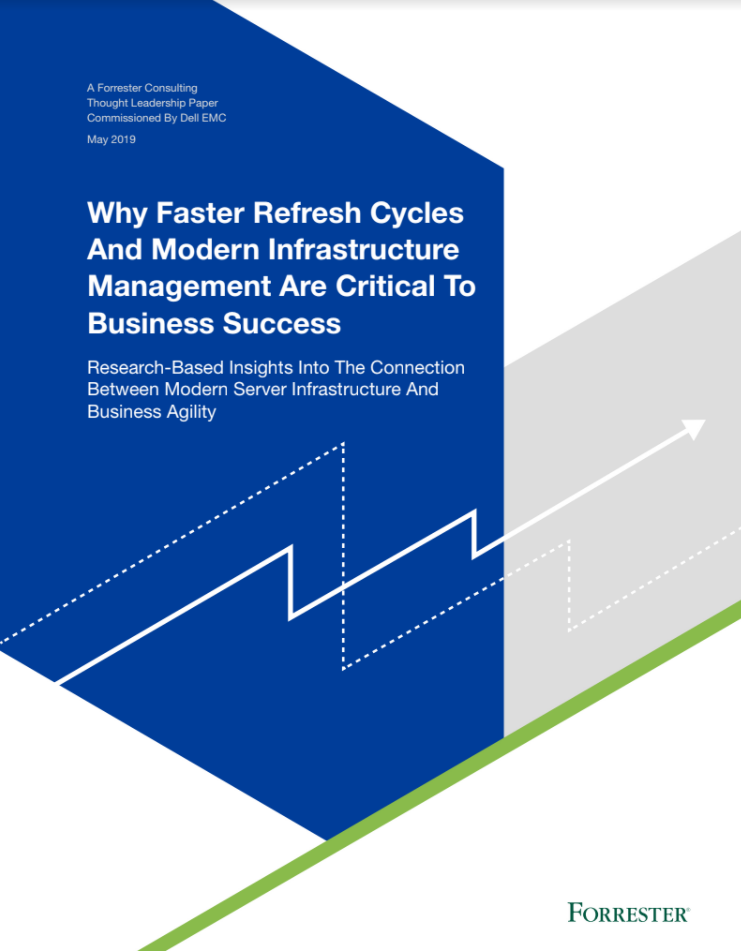What is NetOps?
How can businesses adopt this broad school of thought, and what is its relationship with DevOps?


To many, NetOps may seem like just another tech buzzword, but it is a very important area relevant to a variety of roles, procedures, and protocols within an organisation. From network engineers to app developers, NetOps provides benefits for many in IT.
The term NetOps is short for “network operations”, but this doesn’t tell its whole story. Much like automation and DevOps, or software-defined networking, NetOps involves the skills, people, and tools deployed by an organisation to deliver a network of services for its employees or end users.
It tries to help engineers meet the needs of their business and improve network agility, and involves linking changes in a network with the services and applications as and when they are deployed. This includes analytics, automation, and some cloud-based services to provide a link between the teams that run them and the engineers that fix and maintain them.
What does NetOps entail?
Through NetOps, the traditional barriers that exist between network, operational, and data teams are expected to be overcome by workplace teams. Due to this, any NetOps project must reach beyond the realm of networking.
However, implementing NetOps throughout your business isn’t as simple as turning on a switch and seeing a change happen overnight. Instead, it’s a process made up of small steps, and organisations must take this into account to embrace the ideas behind NetOps. As a result, the process involves making changes to culture and internal structures instead of a quick-fix reorganisation.
Network automation is one of the keys to implementing a change of this nature. In this kind of structure, applications are deployed with constant improvement in mind, and a network needs to support new services and features quickly.
Ordinarily, one team would examine the issue before handing it on to the next, but this is inefficient. Engaging in this process via NetOps could bring the relevant teams together under one umbrella to create an automated process. This will involve the design, documentation, testing and operating processes involved in solving the issue. An automated system would be able to collect diagnostic information the engineers would seek anyway and bring it together in one place.
Sign up today and you will receive a free copy of our Future Focus 2025 report - the leading guidance on AI, cybersecurity and other IT challenges as per 700+ senior executives
NetOps vs DevOps - How do they overlap?
Development operations, or DevOps, is commonly defined as a set of practices that combine software development and IT operations to shorten the development cycle when delivering features, fixes, and updates.
RELATED RESOURCE

Why faster refresh cycles and modern infrastructure management are critical to business success
The connection between modern server infrastructure and business agility
The DevOps movement changed the way software engineering was done by borrowing inspiration from the manufacturing industry. Likewise, the world of NetOps has taken inspiration from DevOps, but focuses on transforming networking within an organisation.
DevOps does account for networking, but it isn't a priority indeed, there's something of a natural conflict between the two. Whereas networking prioritises uptime and minimises risk, DevOps adopts a risk-taking and iterative approach.
So while DevOps inspired NetOps, in many ways it was these opposing attitudes that ultimately necessitated the creation of NetOps.

Getting started on a NetOps project
Like in many walks of life, it may often prove more difficult to keep up momentum instead of starting from scratch. You might encounter issues at any stage, from planning and researching your project to the execution. It might be hard for teams to articulate to senior managers the business benefits of carrying out a NetOps project, or they might even find it hard to select which project to pursue in the first place.
While it is difficult to overcome physical and logistical barriers, you may also find cultural barriers to be the most tricky. Fundamental shifts don’t simply happen overnight, though understanding how NetOps can improve your business means taking on a fairly radical transition in the practices and ideas with readers to internal processes.
For many companies starting out, the best option would be to choose a manageable project that allows teams to tentatively explore NetOps without taking on too much risk. One potential candidate is automating troubleshooting, as is using agile development methodologies to develop networking applications. Meanwhile, network abstraction can serve as another viable route. This means removing the physical ties between network components to precede infrastructure virtualisation, in terms of devices and routes, to offer more network flexibility.
After identifying the project you would like to explore, you’re going to have to plan out your entire workflow, with all the tasks this comprises. The NetOps team assigned to the project would have to highlight any bottleneck areas to optimise them, such as areas that might need human interaction, and could lead to slow-down. When these potential pitfalls have been identified, you can then feed automation into the process to make sure it is as efficient as it can be.
The pursuit of a NetOps project doesn't just stop there, however, with teams expected to keep on top of the workflow and everything it entails, with constant tweaks and improvements made to ensure the project is swimming along.
Switching to NetOps
Depending on where you're coming from, moving to NetOps can be quite a radical change for your business. Done correctly though, NetOps can boost productivity, increase collaboration and help businesses embrace new projects, process and technologies as they emerge.
Just like starting from scratch, however, businesses can move as incrementally as possible, rather than a complete cultural overhaul. Progress can still be made, no matter how minute the change.

Keumars Afifi-Sabet is a writer and editor that specialises in public sector, cyber security, and cloud computing. He first joined ITPro as a staff writer in April 2018 and eventually became its Features Editor. Although a regular contributor to other tech sites in the past, these days you will find Keumars on LiveScience, where he runs its Technology section.
-
 UK firms are pouring money into AI, but they won’t see a return on investment unless they address these key issues
UK firms are pouring money into AI, but they won’t see a return on investment unless they address these key issuesNews An SAP report projects increased AI investment, but cautions that too many organizations are taking a fragmented approach
-
 Intel makes high-level hires while factory workers are warned of layoffs
Intel makes high-level hires while factory workers are warned of layoffsNews The company is appointing four senior executives as part of efforts to refocus on engineering and customer relationships
-
 UiPath names Simon Pettit as new AVP for UK and Ireland
UiPath names Simon Pettit as new AVP for UK and IrelandNews The seasoned leader will spearhead region-specific transformation projects as UiPath looks to drive operational growth and customer engagement
-
 How to empower employees to accelerate emissions reduction
How to empower employees to accelerate emissions reductionin depth With ICT accounting for as much as 3% of global carbon emissions, the same as aviation, the industry needs to increase emissions reduction
-
 Automate personalization with AWS
Automate personalization with AWSWhitepaper How marketers can automate, deliver, and analyze billions of personalized messages and offers per day
-
 Worldwide IT spending to grow 4.3% in 2023, with no significant AI impact
Worldwide IT spending to grow 4.3% in 2023, with no significant AI impactNews Spending patterns have changed as companies take an inward focus
-
 Report: Female tech workers disproportionately affected by industry layoffs
Report: Female tech workers disproportionately affected by industry layoffsNews Layoffs continue to strike companies throughout the tech industry, with data showing females in both the UK and US are bearing the brunt of them more so than males
-
 How a hyper-automation platform can drive value for your bank
How a hyper-automation platform can drive value for your bankWhitepaper Five ways automated processes can drive revenue and growth

